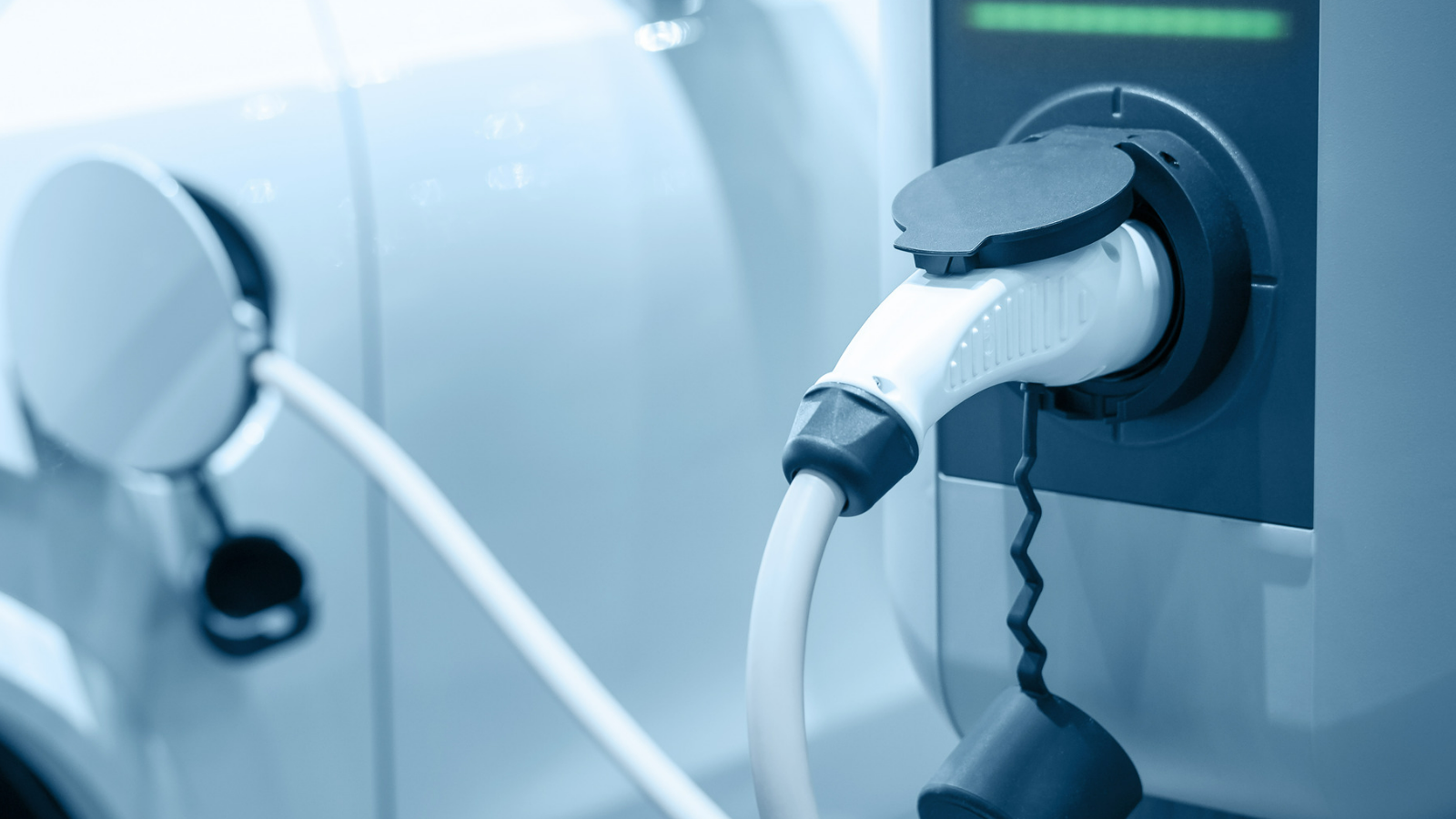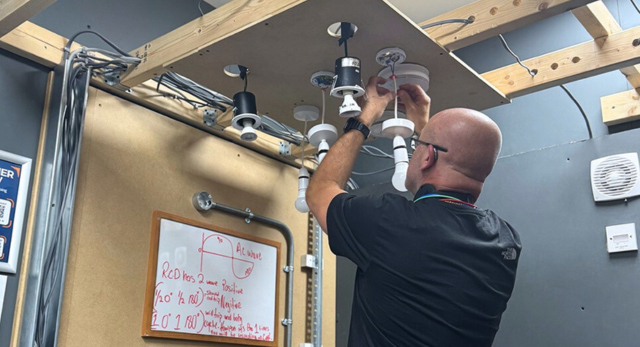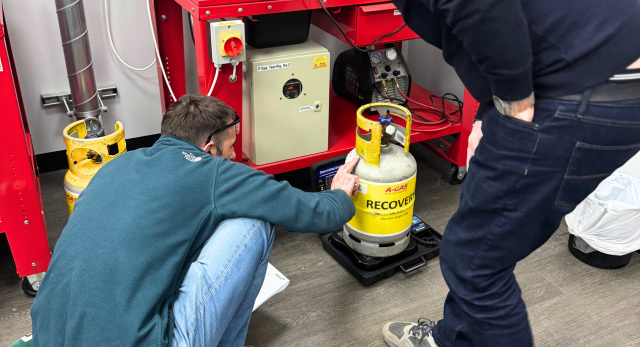The UK’s EV charging infrastructure is growing rapidly, offering opportunities for skilled electrical engineers to expand into new areas and progress their careers. The latest government statistics show a growth of 8% in the first quarter of 2023 and 33% between April 2022 and May 2023.
Increased consumer interest in sustainable travel is driving the expansion of the charging network, together with various government initiatives, including grants for home and workplace charge points, tax benefits, and exemption from certain charges like the London Congestion Charge, and a ban on the sale of new petrol and diesel vehicles by 2030.
Can any qualified electrician install an EV charge point?
To take advantage of government schemes, EV charge point installers must be authorised by the Office for Zero Emission Vehicles (OZEV) and registered with a Competent Persons Scheme (CPS).
EV charge point installation is an area of expertise within the electrical sector and installers should have undertaken specialist training and hold the relevant certification.
How do I qualify as an EV charge point installer?
You will need to achieve a Level 3 qualification in EV charge point installation, however, you do not need to be a fully qualified electrician.
Level 3 EV charging qualifications are delivered by certification bodies, including LCL Awards, City & Guilds and EAL.
Recently, the entry requirements for City & Guilds have been scaled up. Under new guidance, only fully qualified electricians who hold a Level 3 NVQ or equivalent are eligible to take the training. EAL is also updating its entry requirements along the same lines from September 2023.
EV charge point installer training for domestic electrical installers
We offer the LCL Awards Level 3 Award in the Installation and Commissioning of Electric Vehicle Charging Equipment in Domestic, Commercial and Industrial locations, which is open to practicing electricians as well as other electrotechnical industry workers, including electrical technicians and engineers.
This RQF qualification meets OZEV competency requirements for domestic and workplace chargers, but candidates are not required to hold a Level 3 NVQ or equivalent to enrol.
Our EV charge point installer training course is suitable for electrical engineers who hold the following qualifications and have experience of electrical installations and associated inspection and testing within domestic and/or non-domestic settings:
- Level 3 Award in the Initial Verification and Certification of Electrical Installations; and
- 18th Edition training (BS7671)
If you would like to take advantage of the expansion of the EV charging network, give us a call on 0208 845 7222 to find our more about our EV charge point installer training course and book your place.
Upskilling for the electric revolution!
Electrification will play a key role in the decarbonisation of some of the most polluting sectors in the UK, including transport and heating.
If you have electrical experience, skills and qualifications, you are well positioned to take advantage growing markets providing sustainable solutions for domestic and commercial energy generation, low-carbon heating and ‘green’ travel.
Combining technologies such as solar photovoltaics (PV), battery storage systems and domestic EV charging, homeowners can bring their homes close to ‘net zero’ carbon emissions. Generated electricity can be stored and used at times of peak demand to provide heating and hot water, cutting fuel bills and reducing reliance on the grid.
We deliver training courses and qualifications designed to upskill those with electrical skills to deliver integrated and high efficiency renewable energy systems, including:
Level 3 RQF Solar Photovoltaic (PV) Installation Training
Level 3 RQF Electrical Energy Storage Systems (EESS) (Battery Storage) Training
Are you ready to take the next step to future-proof your career?
Get in touch with us to discuss your requirements and get booked onto a training course.









